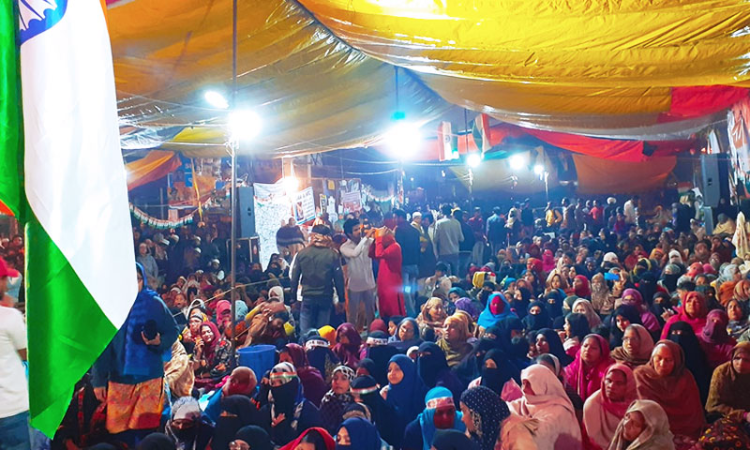Religious Freedom Conditions In India On A Drastic Downward Trend : US Commission On International Religious Freedom (USCIRF)
LIVELAW NEWS NETWORK
29 April 2020 9:43 AM IST

The government created a "culture of impunity for nationwide campaigns of harassment and violence against religious minorities", said the report.
Next Story


